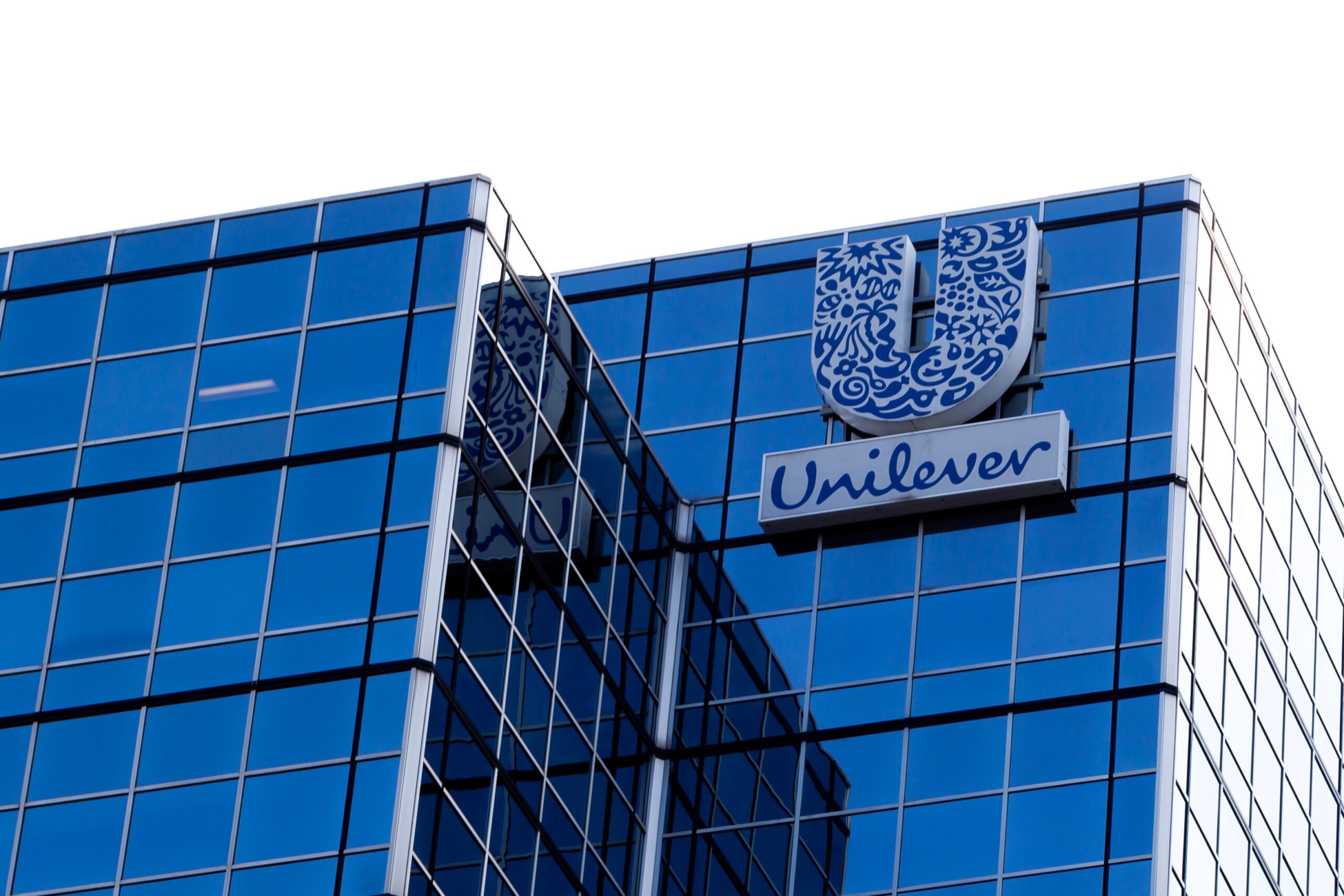
Unilever and Lindt & Sprungli are among the companies in the food industry best positioned to take advantage of developments in artificial intelligence, our analysis shows.
The assessment comes from GlobalData’s Thematic Research, which ranks companies on a scale of one to five based on their likelihood to tackle challenges like artificial intelligence and emerge as long-term winners of the food sector.

Discover B2B Marketing That Performs
Combine business intelligence and editorial excellence to reach engaged professionals across 36 leading media platforms.
According to our analysis, Unilever, Lindt and Japan-based snacks group Calbee feature in the list of companies best positioned to benefit from investments in artificial intelligence, all of them recording scores of five out of five. Food-ingredients suppliers Firmenich, Givaudan and Symrise also score highly.
Unilever indicated good levels of investment in AI, with the company looking for 323 new jobs in the field since October 2020, for example.
The table below shows how GlobalData analysts scored the biggest companies among packaged food and food ingredients manufacturers on their AI performance, as well as the number of new artificial intelligence-related jobs, deals, patents and mentions in company reports since October 2020.

US Tariffs are shifting - will you react or anticipate?
Don’t let policy changes catch you off guard. Stay proactive with real-time data and expert analysis.
By GlobalDataThe final column in the table represents the overall score given to that company when it comes to their current artificial intelligence position relative to their peers. A score of five indicates that a company is a dominant player in this space, while companies that score less than three are vulnerable to being left behind. These can be read fairly straightforwardly.
The other datapoints in the table are more nuanced, showcasing recent artificial intelligence investment across a range of areas over the past year. These metrics give an indication of whether artificial intelligence is at the top of executives’ minds at the moment but high numbers in these fields are just as likely to represent attempts to catch up as they are a genuine strength in artificial intelligence.
For example, a high number of mentions of artificial intelligence in quarterly company filings could indicate either the company is reaping the rewards of previous investments, or that it needs to invest more to catch up with the rest of the industry. Similarly, a high number of deals could indicate that a company is dominating the market, or that it is using mergers and acquisitions to fill in gaps in its offering.
This article is based on GlobalData research figures as of 10 November 2021. For more up-to-date figures, check the GlobalData website.





